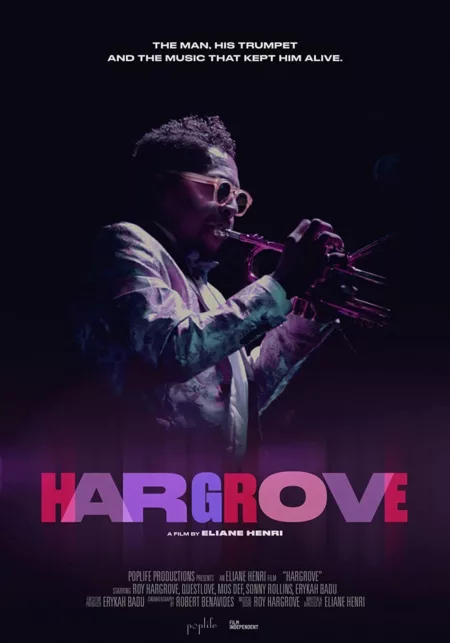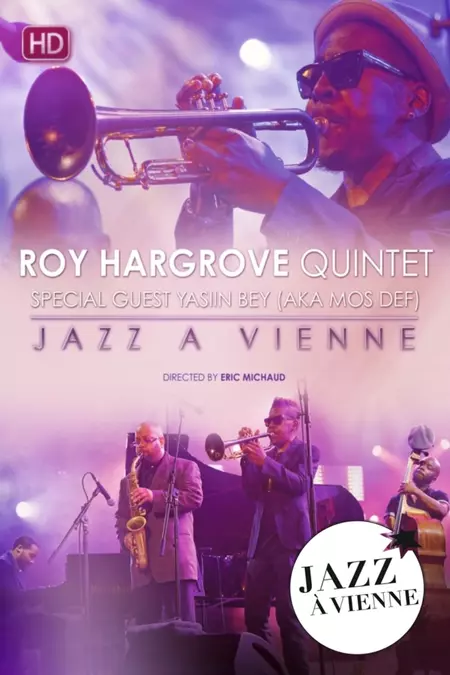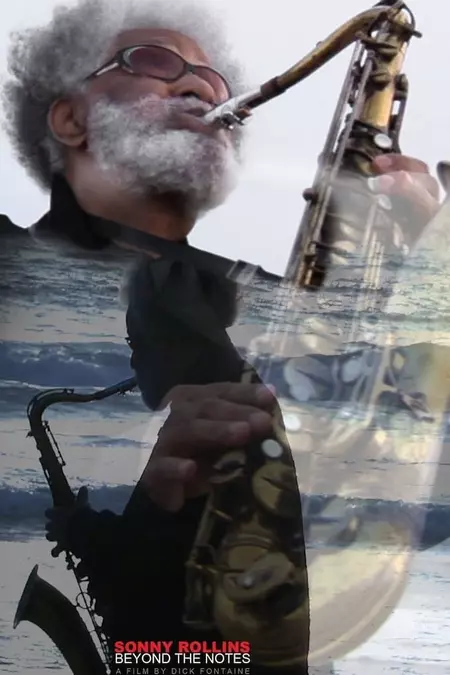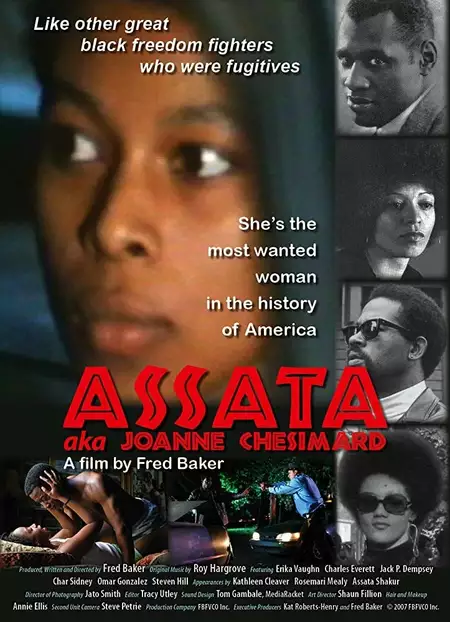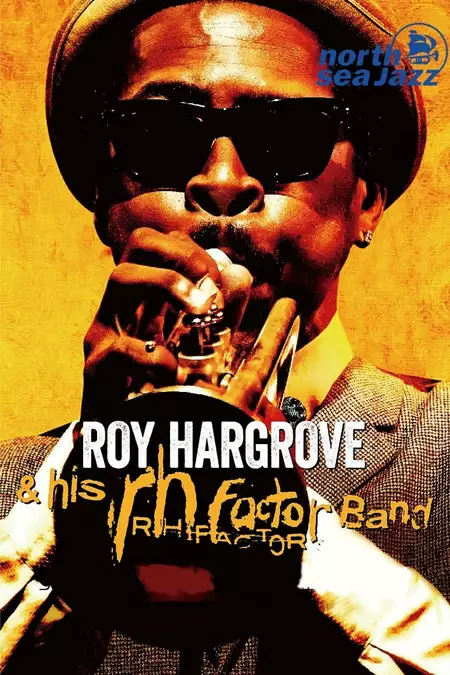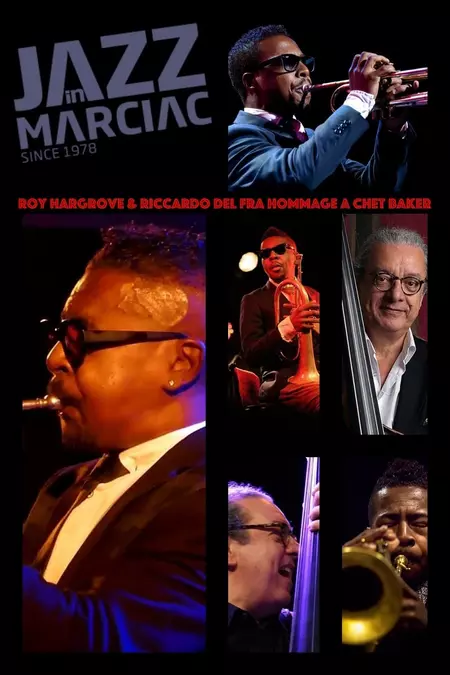Biography
(No Information)
Filmography
all 9
self 8
Movies 7
TV Shows 2
Information
Known ForActing
GenderMale
Birthday1969-10-16
Deathday2018-11-02 (49 years old)
Birth PlaceWaco, United States
CitizenshipsUnited States
AwardsGrammy Award for Best Latin Jazz Album, Grammy Award for Best Jazz Instrumental Album
This article uses material from Wikipedia.
Last updated:
 Roy Hargrove
Roy Hargrove- Filmography
- Information
